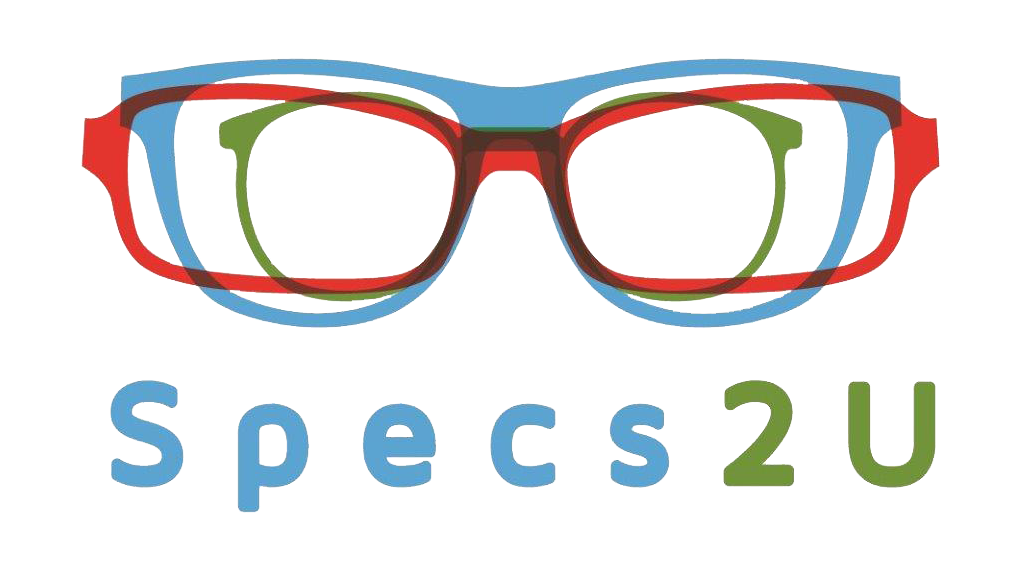You may not know what Irlens even is, but parents with children who have difficulty reading, are borderline dyslexic or are dyslexic will have come across it. They may even have been recommended to an optician that provides Irlens testing.
Simply put, its a test to identify what colour tint (in either a spectacle lens or coloured overlay) helps children to read and / or use a computer.
The problem with Irlens is that the basic consultations are quite expensive (they can cost over £100 in some opticians), the glasses themselves are expensive as the tinting process is very costly - and the process is not supported by the NHS (so parents have no support if their child requires them). Given that childrens' prescriptions can and do change throughout their childhood, this can turn into a very expensive process.
Not only that, children can be very self-conscious and having to wear coloured lenses or use coloured overlays in class can be very stigmatising - but they (and their parents) feel they must do it as they have no other choice. Imagine the looks you would get if you wore pink sunglasses in work. Now imagine you're a child in a class having to do the same.
However, there is an alternative. Its called the Honeycomb lens. They look like ordinary lenses (i.e. they are perfectly clear) but inside the lens is a fine, honeycomb mesh. This mesh basically concentrates the light entering the eye and stops light from bouncing around inside the lens - thereby focusing a clearer, sharper image to the back of the eye.
For the user, this means that images are sharper and - more importantly - stops the image they are looking at from moving around (or light entering the eye from 'flickering'). By fixing the image to a point, this therefore allows dyslexic people to read more effectively - and can prevent the 'trigger' for migraine sufferers.
We have tried the Honeycomb lens on a number of people with dyslexia and / or those using Irlens lenses (or about to do so). The results have been eye-opening to say the least.
One student in Sheffield University found the Honeycomb performed just as well as his Irlens lenses and was so happy that they looked like normal glasses after 5 years of a purple tinted pair of glasses.
A 61 year old lady who has been dyslexic all her life found the lens made reading much easier and more comfortable - a situation she's never had before.
Two school girls who have differing degrees of dyslexia found that reading was much easier with the Honeycomb (even with no prescription). And key for them was the fact that the lenses look like normal spectacle lenses rather than pink or purple sunglasses.
We have a sample Honeycomb lens at every Specs2U branch and welcome people to come and try them before committing to the Irlens route. You may be pleasantly surprised.



